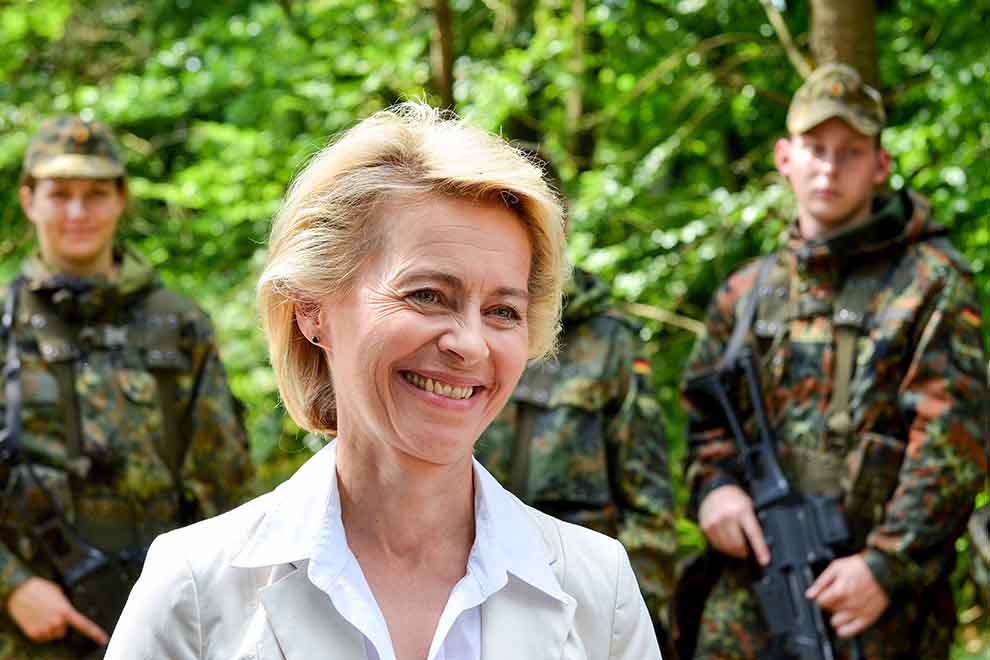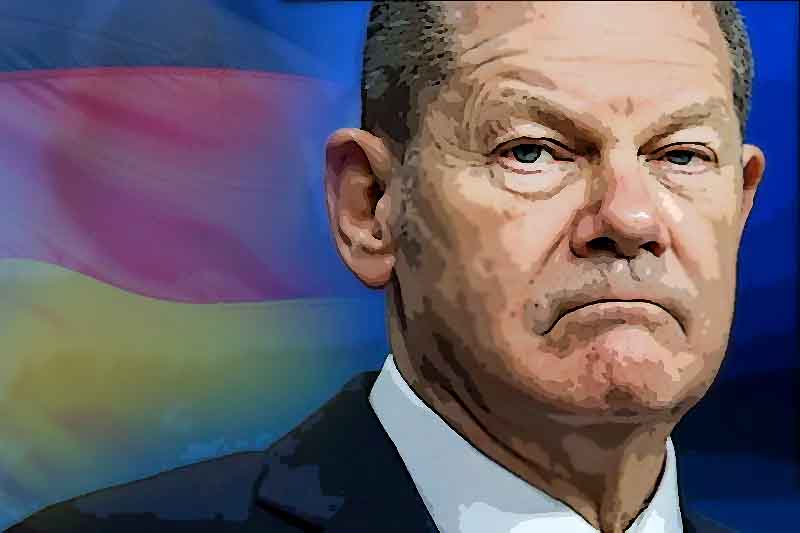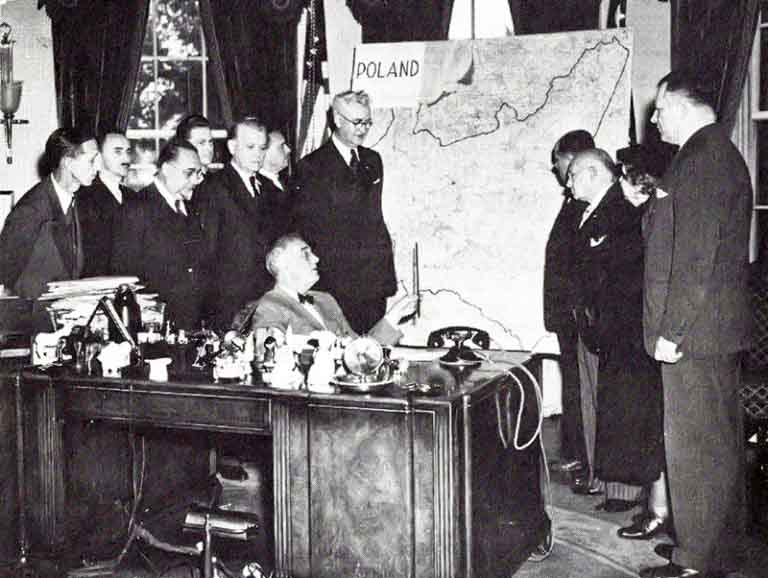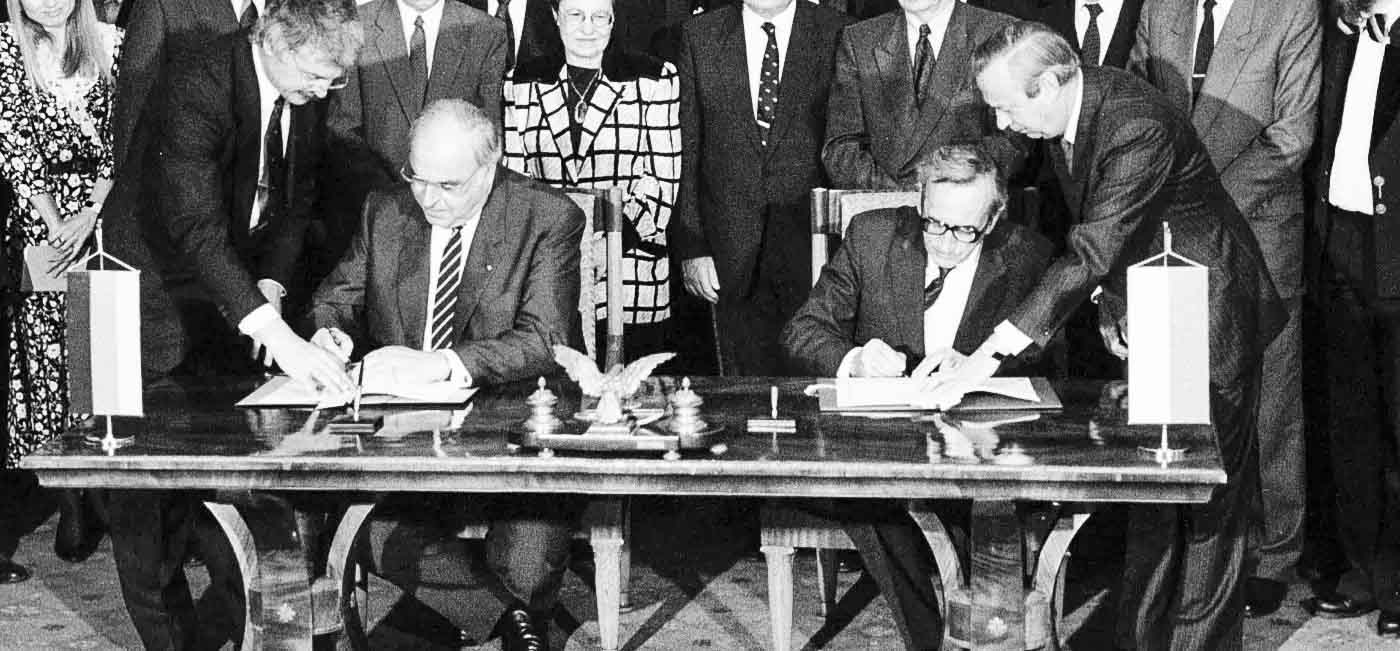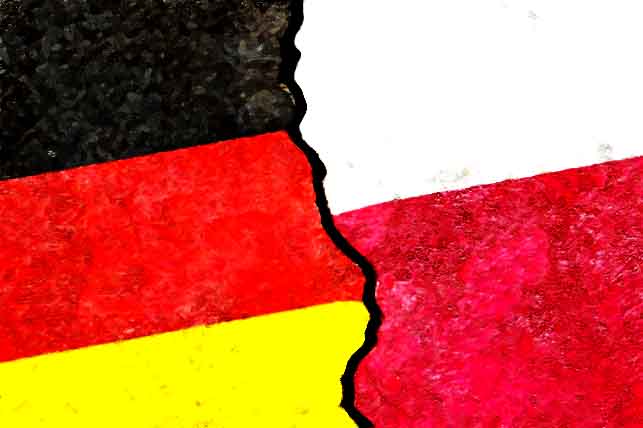To the Americans: Be careful who you give the green light to when electing your president! Do not vote for the candidate who has no intention of stopping immigration, because you could end up in a situation like the one the country on the Spree is in!
"The current asylum system threatens the security and political stability of Europe" and "German immigration policy has failed" — these are two significant headlines in the latest issue of the Swiss newspaper "Neue Zürcher Zeitung", the content of which should be known to US voters!
The Failure
Germany's immigration policy has failed. The culture of welcome, the ideology of "diversity" and declarations of "we can do it" are no substitute for the selection, control and willingness to assimilate immigrants and the uncompromising enforcement of constitutional and democratic principles.
Chancellor Scholz, whom I called the biggest loser in the state elections, will no longer be able to avoid answering the question of whether he wants to comment on the results of these elections. Incidentally, the European elections were already disastrous for him and the SPD party (13.9%). The total failure of the immigration policy has meant that even in the SPD, which until now was condemned to morbid unity, there is now a semi-loud discussion about whether Olaf Scholz is still the right chancellor in the current situation.
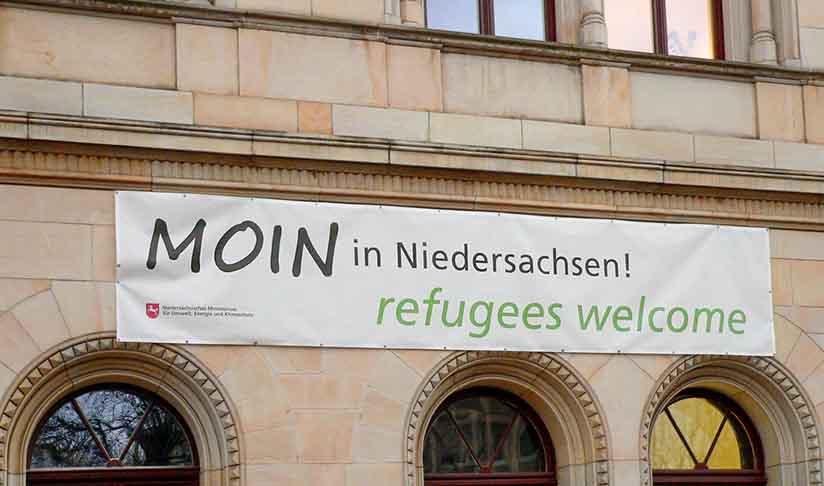
A banner on the building of the Ministry for the Environment in Hanover: "Hello in Lower Saxony" (Source: Wikipedia)
The President of Brandenburg, Dietmar Woidke, publicly made it clear to his comrade (Scholz) that his presence in the election campaign was not welcome. The Minister of the Interior – from the SPD! – said that the immigration policy would most likely be suspended soon. All this is the result of the “Willkommenskultur” (The Culture of Welcome) cultivated by successive governments – from the CDU (Merkel) to the SPD.
Overview of the Asylum Situation in Europe
Since 2015, 6.8 million asylum seekers have arrived in Europe. More than 3.6 million of them were expected to be deported, but only one million were actually turned away.
Last year, EU and EFTA countries registered almost as many asylum applications as they did nine years ago. By the end of April this year, some 317,000 applications had been received, an increase of 2% compared to the same period last year. Denmark is a different story, with a government that pursues a restrictive asylum policy.
German CDU leader Friedrich Merz sees Denmark and Sweden as role models because they pursue a tough asylum policy that has led to a sharp decline in the number of asylum seekers there. For example, in Denmark 2,355 people applied for asylum last year, while in Germany the figure was over 350,000.
New Migrants
In the matter of migration in Germany, however, something is happening... In view of the war in the Middle East — the exodus of Syrians and Lebanese fleeing Israeli airstrikes is ongoing — the German daily "TAZ" comments: "This means more refugees to the European Union". In connection with this, Germany has tightened its asylum policy. The German Interior Ministry emphasized in a statement that the reason for ordering border controls is the need to limit illegal migration and protect internal security, in particular protection against Islamic terrorism and cross-border crime.
There is no sign or sound of the European Union's reaction to these controls. In Austria, where the right-wing FPÖ (Freedom Party of Austria) won the parliamentary elections, led by the "right-wing populist" Herbert Kikl, there are comments like these: these strict controls by Germany on all its borders are an attempt to prop up the image of the crisis-ridden country; and from Greece, even more directly: "If Germany is doing this, why can't we do the same, sending back migrants and protecting our own borders?"
Failure of the Immigration Policy
So Merkel's famous cry in 2015 "Wir schaffen das" — (we can do it) — which already in 2019 guaranteed Germany 11 million immigrants, has today turned into the slogan "only for Germans" (where do we know that from?) and has become a symbol of political failure. Its effects can be seen in the growth of the largest opposition force in the Bundestag, opposing migration — the Alternative for Germany (AfD), which has been constantly improving its ratings since the parliamentary elections in 2017, gaining new supporters, achieving high ratings in the last state elections (in Thuringia and Saxony — on a pedestal!), while the Social Democrats (SPD) are dying, and the CDU/CSU are threatened with an internal crisis, if not a split.
Longing for Putin
And finally, although it does not concern migration, it sheds light on the direction of the FRG's foreign policy — the decisive statement of the German Minister of Economics: "There is no longer a shortage of Russian gas": Storage facilities are full and gas will be "moderately" more expensive due to the special conditions for transporting liquefied natural gas (LNG). Because "This is not pipeline gas from Russia," the Vice Chancellor said.
And how does this relate to the latest report on the direction of this policy (towards the "owner" of Russian gas)? The weekly "Zeit" reports: Scholz misses Putin. A telephone conversation is planned in the period preceding the November meeting of the G20 group in Brazil. More and more German corporations are demanding lower energy prices. This is a condition for their staying in Germany. Hence, there is a lively discussion about ending the conflict in Ukraine and returning to trade with Russia. What consequences will this have for Poland?







